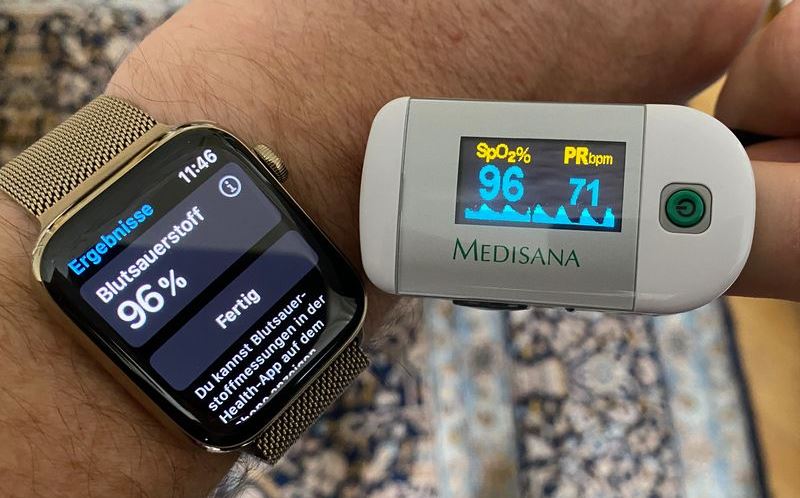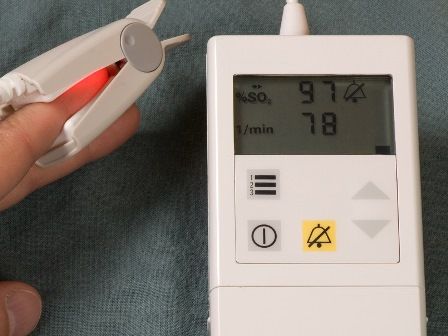Normal oxygen levels can fluctuate based on several factors, such as chronic illnesses, high altitudes, or respiratory illnesses. Some of the more common risk factors or causes of low blood oxygen levels include: Sleep apnea, Pulmonary fibrosis, Chronic obstructive pulmonary disease (COPD) such as emphysema, chronic bronchitis, Asthma. Is it Normal for Oxygen Levels to Fluctuate?
Several months since the virus began to spread in the United States, scientists are still solving the puzzling aspects of how the new virus attacks the lungs and other parts of the body.
One of the biggest and life-threatening mysteries is how the virus causes “silent hypoxia,” a condition when oxygen levels in the body are abnormally low, which can irreparably damage vital organs if undetected for too long.
Now, thanks to computer models and comparisons with real patient data, they have begun to unravel the mystery.

Fluctuating SpO2 levels at rest
Oxygen saturation is a crucial measure of how well the lungs are working. When we breathe air, our lungs transmit oxygen to small blood vessels called capillaries.
In turn, these capillaries send oxygen-rich blood to the heart, which then pumps it through the arteries to the rest of the body. Our organs need a constant supply of oxygen to function properly.
When the lungs’ ability to carry oxygen into the blood is impaired, the oxygen saturation in the blood decreases, which can endanger our organs.
Young, healthy patients tend to have stable oxygen saturation patterns, but unstable oxygen saturation patterns have been described in adults and people with respiratory disease.
Is it normal for oxygen levels to fluctuate during sleep?
All people’s blood oxygen levels are lower during sleep, due to a slightly reduced level of breathing. In addition, some alveoli are no longer used during sleep.
If your awake oxygen saturation is greater than about 94 percent in room air, your saturation during sleep is unlikely to drop below 88 percent.
Oxygen level normal
Your blood oxygen level measures the amount of oxygen circulating with your red blood cells. You can measure your blood oxygen level with a pulse oximeter. It is a small device that clips onto the tip of your finger. It illuminates the tiny blood vessels in your finger and measures the oxygen in the reflected light.
Your blood oxygen level is measured as a percentage, 95 to 100 percent is considered normal.
If oxygen levels are below 88 percent, that is a cause for concern.
If you see readings at or below this level, you should contact your health care provider immediately or go to the nearest urgent care center or emergency room.
A pulse oximeter can quickly detect this drop in oxygen saturation, alerting people to the need for medical intervention.

Fluctuating Spo2 Levels
Why is my SpO2 reading on the pulse oximeter fluctuating between 90 and 95? Is normal?

Why does my Oxygen Level Fluctuate?
Fluctuations in SpO2 readings are common, but what matters is whether they are associated with: …
